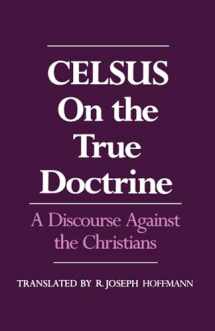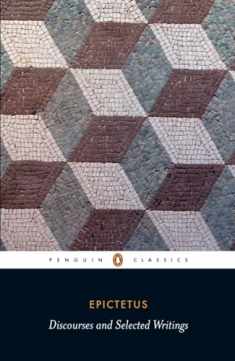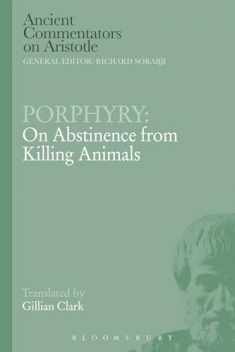
On the True Doctrine: A Discourse Against the Christians
Book details
Summary
Description
The works of many early critics of the Christian church were burned by ruling emperors or otherwise destroyed in the second and third centuries, but the writings of the Greek pagan philosopher, Celsus, have survived indirectly through his eloquent opponent Origen of Alexandria. In his apologetical treatise, Contra Celsum, Origen argues against the ideas set forth by Celsus and quotes from Celsus' The True Doctrine at length. Through this treatise, Celsus has come to represent the detached pagan voice of the ages. In this translation, Professor Hoffmann has, for the first time, painstakingly reconstructed the main order of the philosopher's argument. Celsus' discourse shows him to be an eclectic philosopher--a dabbler in various schools of thought, including Platonism and Stoicism, and a student of the history and religious customs of many nations. Hoffman supplements this definitive translation with an informative introduction, summarizing Celsus' premises and placing the identity of Celsus in its historical context.


We would LOVE it if you could help us and other readers by reviewing the book
Book review





